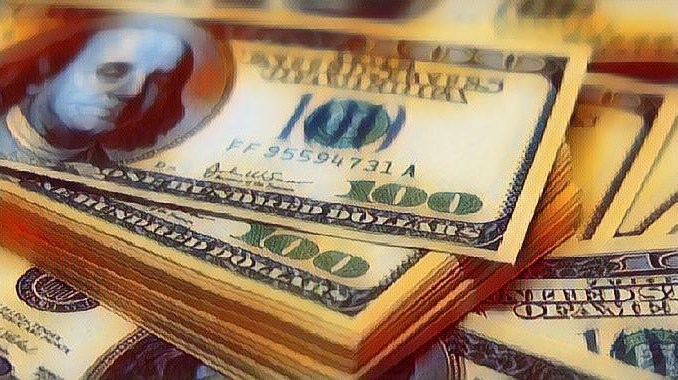
Banking entities take advantage of the interests for the refinancing of credits
JOURNALISTS
The announcement of the Association of Private Banks promised that, in the face of complications from the health crisis, entities will postpone the collection of fees, for up to 60 days, on personal, microcredit and small business loans.
Carlos Molina, a Guayaquil merchant, who at the end of last year had a loan for USD 3,000 at Banco Guayaquil, was enthusiastic about the offer, so he asked to take advantage of the benefit. But, instead of that option, the bank convinced him to refinance the debt for a longer term and with interest.
However, he was bitterly surprised to learn that he had been debited the only $ 160 he had in his account for the first installment. In addition, in the terms of the renegotiation, they failed to comply with the 12-month extension requested.
“The bank cares little about the crisis, it persuades you to choose the refinancing for them to earn more interest, it is not convenient for them to give only two months of grace,” Carlos expresses indignation and helplessness.
Martín Galarza, is another injured citizen. Complaint that he asked Banco Pichincha to postpone the payment of his credit card for the purchase of medicines for his father.
His request was accepted, but when consulting the conditions, an agent informed him that he must pay the corresponding value plus the refinancing interest.
They clarified that the benefit is that you do not have to pay the default interest, but you must pay the 60-day refinancing interest. Given this, he asked to cancel his request for deferral, but the bank replied that it was not possible.
Another citizen who prefers to keep her identity confidential denounces that Banco Guayaquil did not charge her this month’s fee, but she was notified with the payment of USD 20 per default. “It was cheaper for me to lend to the chulco and pay the fee,” says the client.
How many bank clients are in the same situation, and how much will banks earn on refinancing interest? Banks never lose, even in times of crisis.
The banking sector has been the one that has obtained the most profits in the government of President Lenín Moreno. In 2017 profits were USD 396 million; in 2018 they rose to USD 554 million; and in the last year they reached USD 600 million, according to the Superintendency of Banks.
The financial entities that won the most last year were Banco Pichincha, owned by Fidel Egas, with USD 120’045,950; Pacific, with USD 92’790,860; Guayaquil, by Guillermo Lasso, with USD 73’223,310; Diners, also from Fidel Egas, with USD 60’409,870; and Produbanco, with USD 54’097,230.
Despite the juicy profits, the Pichincha and Diners Banks maintain contested debts with the Internal Revenue Service for USD 2’547,368 and USD 3’825,103, respectively.
Banking has been benefited and protected by neoliberal governments. The 1999 bank holiday meant a loss of USD 8 billion to the country, resources that were assumed by the State.
With the health crisis, the banks tried to be generous with their clients and with the country. Banco Pichincha donated USD 10 million and Banco Guayaquil USD 5 million for the purchase of medical supplies and food.
However, after the leaking of a draft of the Executive’s economic project to face the crisis, it was revealed that donations made from March 17 to April 10, 2020, will be considered as a tax credit.
In other words, if the proposal is approved in the Assembly, what the banks would do with their donations is advance the payment of taxes.
On the aforementioned document, the banker Guillermo Lasso assured in his twitter account “I will not agree with such a reform, the companies and people who have contributed to this crisis have done so without expecting any tax benefit.”
The reality, in the midst of the Covid-19 pandemic, is that the banks will continue to accumulate millions in profits, with the permission of the authorities.

Be the first to comment